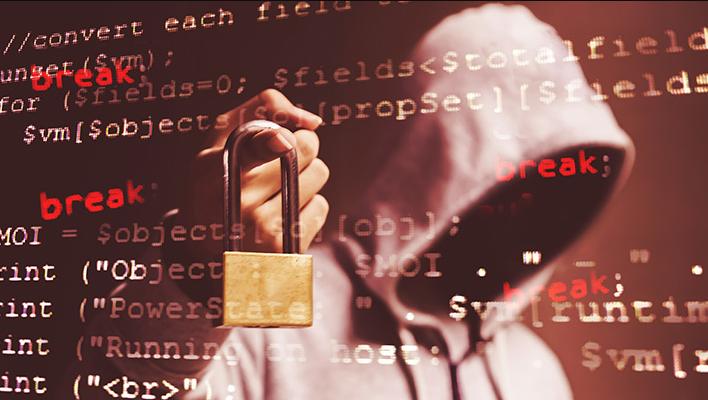Is It Safe to Use an Unsecured Network?

In today’s digital age, we’ve all been tempted to connect to a free Wi-Fi network. Maybe you’re at a coffee shop, an airport, or even a park, and the allure of an open, unsecured network is just too good to pass up. But is it really safe to use an unsecured network? Let’s dive into this question and explore the potential risks and how you can protect yourself.
The Convenience of Public Wi-Fi
Public Wi-Fi networks are everywhere. They offer convenience and the ability to stay connected wherever you go. Whether you’re checking your email, scrolling through social media, or streaming a video, public Wi-Fi makes it easy. But this convenience comes with a cost.
The Risks of Using Unsecured Networks
When you connect to an unsecured network, you’re exposing your device to various risks. One of the biggest dangers is that these networks are often unencrypted. This means that any data you send or receive can be intercepted by someone else on the same network. Imagine sending an email, typing in your bank credentials, or even just browsing the web—without proper security, your information is up for grabs.
The Threat of Man-in-the-Middle Attacks
One of the most common risks associated with unsecured networks is the threat of man-in-the-middle (MITM) attacks. In this scenario, a hacker intercepts the communication between your device and the website you’re trying to reach. They can then steal your data, inject malicious software, or even impersonate the website you’re visiting.
The Danger of Malicious Hotspots
Not all Wi-Fi networks are what they seem. Hackers often set up rogue hotspots that mimic legitimate public Wi-Fi networks. These malicious hotspots can trick users into connecting, only to have their personal information stolen or their devices infected with malware.
Data Snooping and Sniffing
Even if a hacker isn’t actively trying to attack your device, they can still eavesdrop on your online activities. With the right tools, they can monitor the data traffic on an unsecured network. This practice, known as “snooping” or “sniffing,” allows them to capture your sensitive information, such as login details, emails, or credit card numbers.
Simple Steps to Stay Safe on Public Wi-Fi
While Canadian cybersecurity services offer robust protection, there are also some simple steps you can take to stay safe on public Wi-Fi networks.
Avoid Accessing Sensitive Information
Whenever possible, avoid accessing sensitive information, such as your bank account or personal emails, while connected to a public Wi-Fi network. If you must access such information, ensure that the website is secure. Look for “https” in the URL and a padlock symbol in the address bar.
Disable Automatic Wi-Fi Connections
Many devices are set to automatically connect to available Wi-Fi networks. This can be convenient, but it also increases your risk of connecting to a malicious network. Disable automatic connections and only join networks you trust.
Use Two-Factor Authentication
Two-factor authentication (2FA) adds an extra layer of security to your online accounts. Even if a hacker manages to obtain your login credentials, they’ll still need a second form of verification—usually a code sent to your phone—to gain access.
Log Out of Accounts When Not in Use
Make it a habit to log out of your accounts when you’re finished using them, especially on public networks. This reduces the risk of someone else accessing your accounts if they manage to compromise the network.
The Future of Public Wi-Fi Security
As technology continues to evolve, so too will the threats associated with public Wi-Fi networks. However, advancements in cybersecurity services are helping to mitigate these risks. From AI-powered threat detection to more sophisticated encryption methods, the future of public Wi-Fi security looks promising.
The Rise of Secure Wi-Fi Networks
In response to the growing demand for secure connections, many establishments are now offering secure Wi-Fi networks. These networks use encryption protocols, such as WPA3, to protect users’ data. However, it’s still essential to remain vigilant and follow best practices when using any public Wi-Fi network.
The Role of AI in Cybersecurity
Artificial intelligence is playing an increasingly important role in cybersecurity. AI-driven tools can detect and respond to threats in real-time, providing a higher level of protection than ever before. As these technologies continue to develop, they will become a crucial component of cybersecurity services.
Conclusion
So, is it safe to use an unsecured network? The short answer is no. While the convenience of public Wi-Fi is undeniable, the risks far outweigh the benefits. By understanding these dangers and taking proactive steps to protect yourself, such as using a VPN and employing cybersecurity services, you can significantly reduce the risks associated with unsecured networks. Remember, in the digital world, it’s always better to be safe than sorry.
Post Your Ad Here

Comments